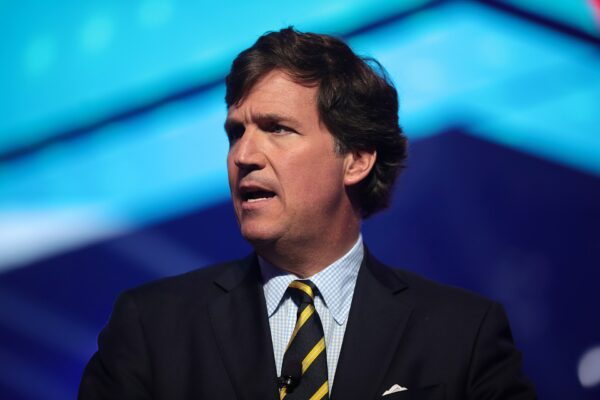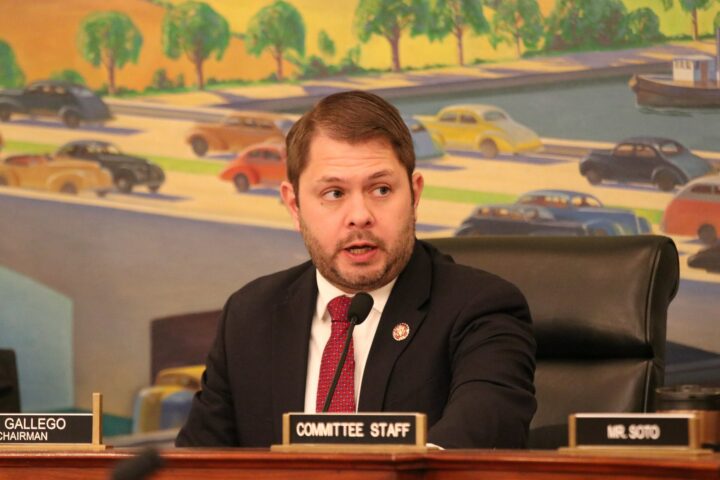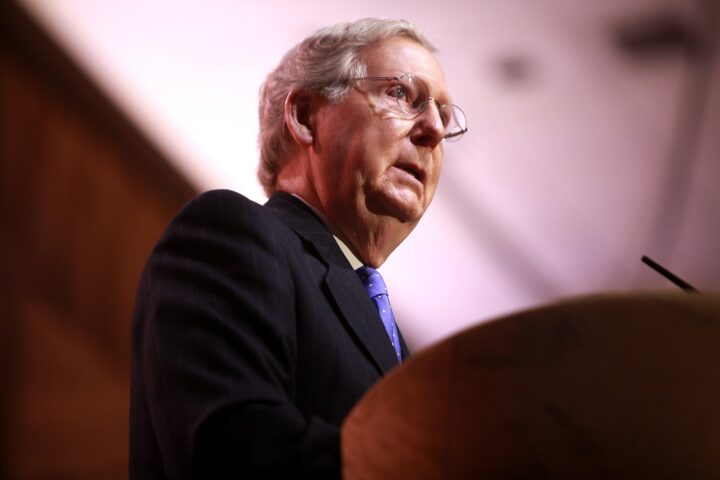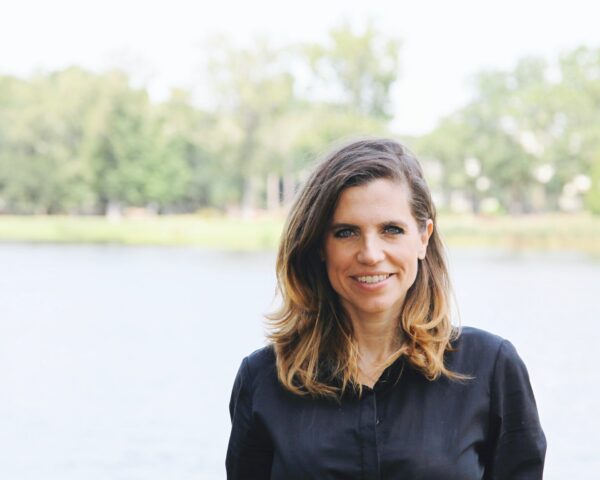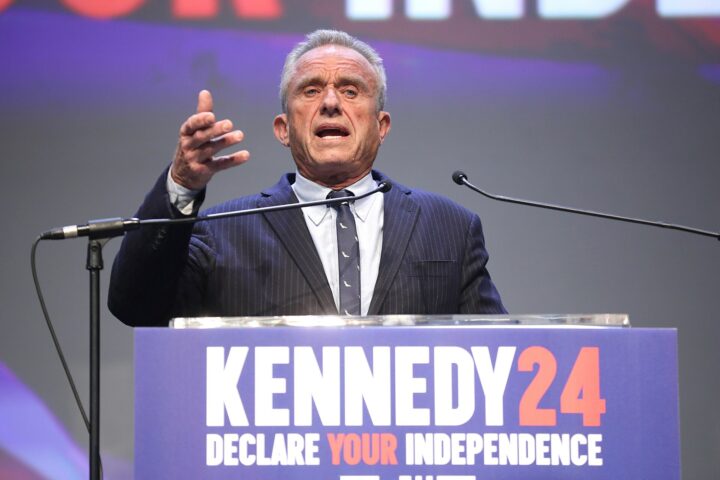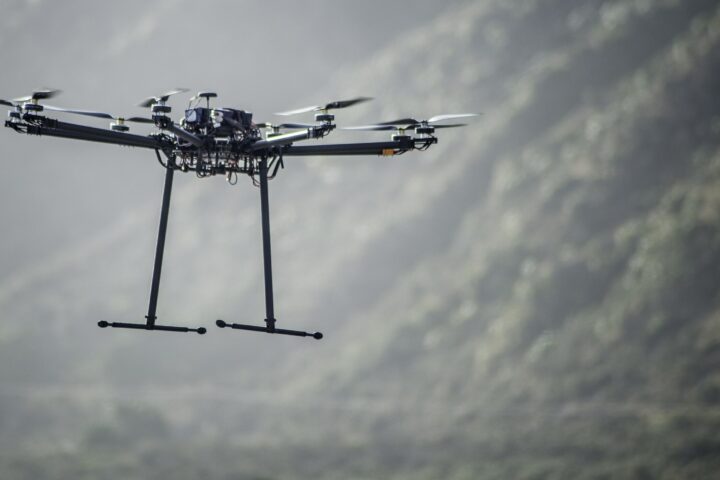In a provocative interview released Monday, Tucker Carlson reportedly pressed Iranian President Masoud Pezeshkian on whether Tehran would caution its citizens in the United States against committing acts of violence.
Pezeshkian responded with apparent unfamiliarity, dismissing notions of “sleeper cells” as foreign propaganda and characterizing Iranians in America as peaceful, educated, and civilized.
“Have you seen… any violent behavior?” Pezeshkian asked, responding via translator. “Because this is totally untrue. Iranians are pro‑peace and tranquility.”
The exchanges reflect concerns cited in a Department of Homeland Security memo warning of a “heightened threat environment” in the aftermath of recent U.S. and Israeli strikes on Iran’s nuclear facilities.
The memo cautioned that if Iranian leadership called for retaliation, the likelihood of violent extremists acting on U.S. soil could increase. Carlson prefaced his question by referencing intelligence reports about sleeper-cell operatives embedded among Iranian nationals in the United States.
Days before U.S. military action, U.S. officials warned that Iran had threatened to activate such cells—a claim amplified by federal alerts and commentary from security analysts.
One expert noted a plausible risk, given Iran’s history of overseas operations, although no specific plots have been publicly confirmed.
In the unorthodox format of his self-produced show, Carlson allowed the Iranian leader to deliver a largely uninterrupted monologue—eschewing any hard follow-up when Pezeshkian deflected the question.
Masoud Pezeshkian, president of Iran.
(0:00) How Would Iranian President Pezeshkian Like to See This Conflict End?
(0:44) Is Iran Willing to Give Up Their Nuclear Program in Exchange for Peace?
(5:19) Was the International Atomic Energy Agency Spying on Iran and Giving… pic.twitter.com/lMPoFa5ChX— Tucker Carlson (@TuckerCarlson) July 7, 2025
Meanwhile, global events have escalated, including a brief but intense 12-day conflict between Israel and Iran that killed several senior Iranian military and nuclear scientists, strains in potential nuclear negotiations with the United States, and heightened apprehension over regional security.
Pezehshkian’s remarks further spotlight the deepening fracture between the U.S. and Iran.
While he reiterated Tehran’s openness to diplomacy—despite mounting mistrust sparked by allied military actions—his denials of sleeper-cell plots align with the regime’s longstanding narrative that Tehran reserves reprisals for symbolic or military targets abroad, rather than fomenting violence inside American communities.
Analysts say the interview raises probing questions about the role media personalities like Carlson play in international diplomacy.
By broadcasting unchallenged declarations from adversary leaders, his approach risks offering persuasive cover for hostile regimes without injecting accountability or context.
As tensions simmer, U.S. law enforcement and intelligence agencies are expected to ramp up surveillance and scrutiny of Iranian nationals—especially those with transnational ties.
Their goal: to guard against threats, even as public officials like Pezeshkian issue denials that fall on receptive or skeptical ears.
[READ MORE: Bessent Demolishes CNN Over False Claim About Medicaid Changes]

